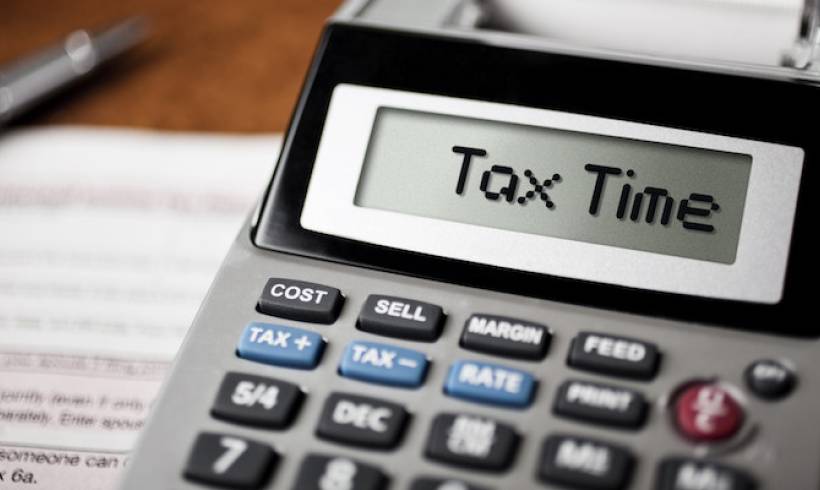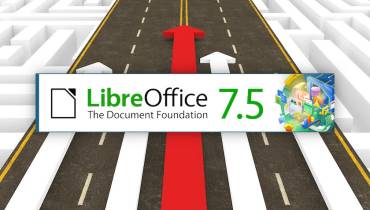How to Set Freelance Writing Rates: 8 Key Things to Consider

How do you set freelance writing rates?
Setting freelance rates can be challenging because clients and projects often vary greatly. Sometimes robust negotiations with clients is necessary to get the rates right.
Here are some key things, important factors to keep in mind when setting your rates to get the most appropriate compensation for your work:
1. Nature of project
The nature of writing project is important because it helps you understand the full extent of work you are getting into. It is a vital component to determine appropriate compensation for the work.
Ask yourself some basic questions:
- What type of project it is?
- Is it a press release, a sales letter, an e-book, a review or a standard article?
- How much writing does the project entail?
- Is it a 3000 word e-book, 1000 word newsletter or 500 word article?
The more the writing is involved, the higher you should set your fee.
2. Deadlines
Deadlines have implications that you need to consider when setting your charges.
Often, the more urgent a project is the shorter the deadline and the more intensive the workload. Don’t subject yourself to too much deadline pressure.
Ask yourself:
- Does the project have a deadline?
- How much time do I have to produce the finished work before the deadline lapses?
If the deadline is too short to produce your usual quality work, be open about it with the client. Ask for an appropriate time extension.
If the client insists on sticking to a short deadline, consider adjusting your fee upward to compensate for the added pressure to complete the work on time.
3. Research
You lose out financially when you fail to consider the research required to complete a project. The old adage that time is money is especially true in freelancing.
The time you spend on the internet, library, or study room researching a project is time you could be working on other projects and making money.
If a project requires significant investment of time for research, factor that into your charges for the work. This consideration is especially important if you normally set your rates based on work output and not on an hourly basis.
4. Experience
The more experienced and knowledgeable you are in the subject of a project, the more confident you will be to assure high quality work. Leverage your experience to ask for a higher pay.
Give the client more details about your experience in the subject and use that to justify your fees. Oftentimes, clients are willing to pay a good price for professional work produced by an experienced writer.
If you don’t have a lot of experience in a topic, be sure to gauge your fees against your level of expertise and experience just as well.
5. Expenses
Some projects have expenses that can build up quickly into a significant amount.
Calculate any expenses that may arise from working on projects, including traveling cost to gather data for a project, phone costs for contacting sources or conducting interviews and any courier or postage costs involved in projects.
Point out these types of costs in your contract and invoice the bill for the client to compensate. This will ensure you operate within the safe boundaries of commercially sound work for hire.
6. Copyrights
Copyright ownership is an important consideration in any form of creative development. Generally, charge more if the client is purchasing full copyright ownership to the content you create than when you reserve some copyrights to yourself.
Some clients try to avoid paying extra for full copyright ownership and actually get away with it because writers fail to raise the issue with them. Ensure you agree on the copyright terms, both for contracted and uncontracted work, from the outset before you commence on the work.
7. Market Rates
It is good practice to research the market going rates for projects to know how your charges compare with the general market rates.
The internet is a good place to start researching the market rates for similar projects. Browse online job boards, forums, freelance websites and blogs and compare different levels of compensation.
Annual publications such as The Writers’ and Artists Yearbook and freelance reports from professional writers unions and societies can also provide useful resources to help you set suitable levels of compensation for projects.
Also go through our Resources for Writers page to find a list of useful job boards, forums, writer associations and unions you can turn to for valuable information.
8. Hunch
Many times your final decision on the most appropriate fee to charge for freelance work will boil down to how you feel about the project.
- What is your gut feeling about the project?
- Do you think the project has potential to lead to better opportunities in the future?
Use your own discretion to determine whether the project is worth taking.
Sometimes a client may not offer the best compensation, but he may have connections that you can tap into in the long run and secure more lucrative, on-gong work elsewhere.
Other times the client may offer high compensation, but you may suspect you won't enjoy working on the project or with that particular client.
Pay attention to any hunch you may have about a client or project and set your fees higher or lower, depending on what your gut feeling tells you is appropriate.
Remember, give clients true value for their money. This will raise your profile as a reliable, quality writer and ensure more clients keep coming back to you with work.





































